Profile
Dzifa Abla Gomashie, first female MP for Ketu South Constituency

Hon Dzifa Abla Gomashie, firstfemale Member of Parliament
for Ketu South Constituency
Hon. Dzifa Abla Gomashie is the Member of Parliament for the Ketu South constituency on the ticket of the National Democratic Congress. She is also a queen mother in the Aflao traditional area in the Volta Region with the name ‘Mama Dramado’ meaning, “Take care of me, Mama.”
She appears to be living up to the title of her royal name with success. She was the deputy minister of tourism in the era of the NDC from 2013 to 2017.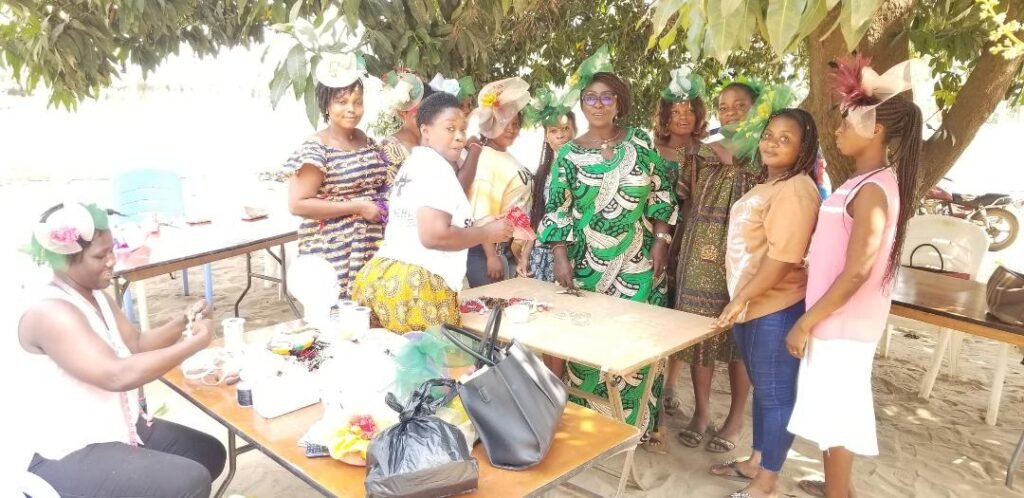
Hon. Dzifa Abla Gomashie, who ran and won on the NDC ticket to represent the Ketu South seat in the 2020 elections, is the first female Member of Parliament for Ketu South.
After winning the NDC parliamentary primaries last year, she is currently running for parliament for the same seat. Her victory margin was substantial, with 1,545 votes, compared to the 913 and 26 votes received by the other candidates, Fogah Nukunu and Jimm Morti, respectively.
Through her non-governmental organisation, Values for Life, she has been serving her people for years, helping women, children, and the youth in a variety of ways and teaching them social and entrepreneurial skills that they would not have learned in a traditional classroom.
She proclaimed openly, “I’ve been blessed with the love, respect and support I have from my constituents,” in an interview with The Spectator.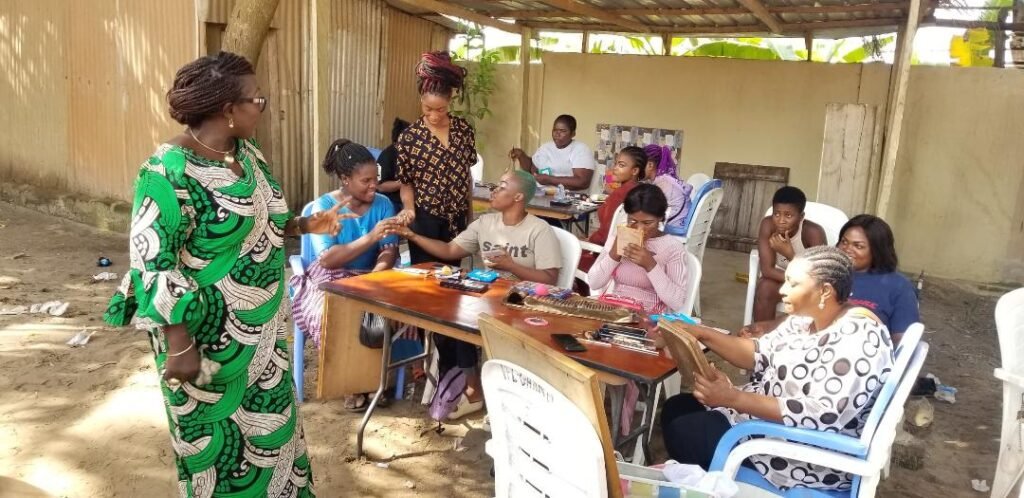
ACHIEVEMENTS
Speaking about her work as the MP for Ketu South, she mentioned that in the area of health, in 2020, 2021, and 2022, she sponsored free eye testing and screenings, performed free surgeries, and gave medication and prescription glasses to Aflao, Adina, Wudoaba, and Ativuta.
“I also constructed a clinic with a maternity ward at Anoenu in Aflao and helped the Ketu South Municipal Hospital expand its paediatric emergency unit,” she added.
Once more, she provided 46 students with GH¢1,000 each to help with their tuition fees throughout the 2020–2021 academic year.
In addition, she refurbished the Ansahrul Islamic Basic School, built and equipped an I.C.T. lab for the Skills Development Project, and provided 99 students with GH¢500 each in order to help with their school costs for the 2022–2023 academic year.
She did not only provide GH¢3,000 to assist the construction of a mechanised borehole for some Senior High Schools, but she also extended pipe-borne water from the Ketu South Municipal Assembly to the Ketu South Education Directorate.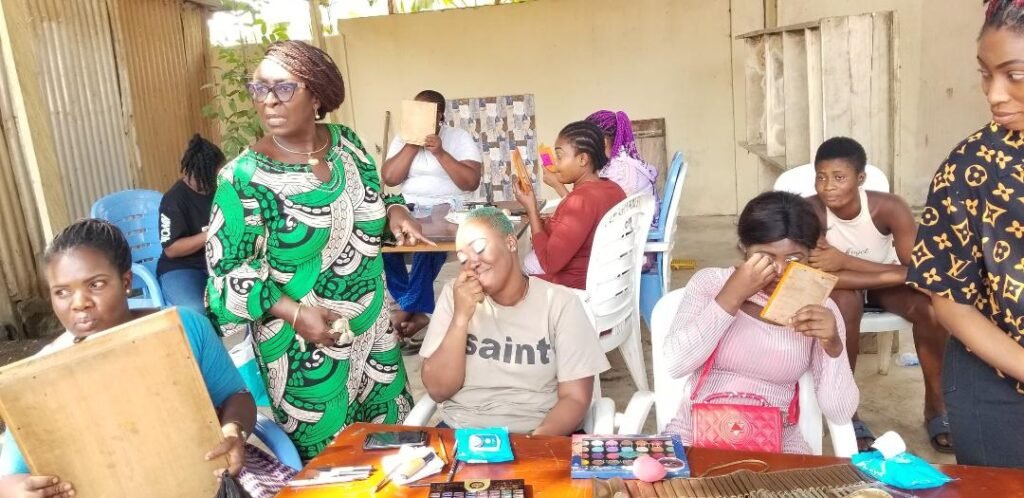
Regarding youth and sports, she gave GH¢1,500 to the Regional Football Association to help with the purchase of trophies.
Moreover, she first gave GH¢2,000 to the Municipality’s 37th National Farmers Day celebration at Lotakor. She then provided laterite and 20 loads of sand to support the GH¢13,000 rehabilitation of Awakorme Road.
The Ketu South MP has also made a significant appearance in the area of supporting people with disabilities. She gave GH¢3,000 to help fund the visually impaired children’s transition from Chicago-Denu’s Special School for the Blind to Mafi-Adidome’s Avekpedome Unit School for the Blind.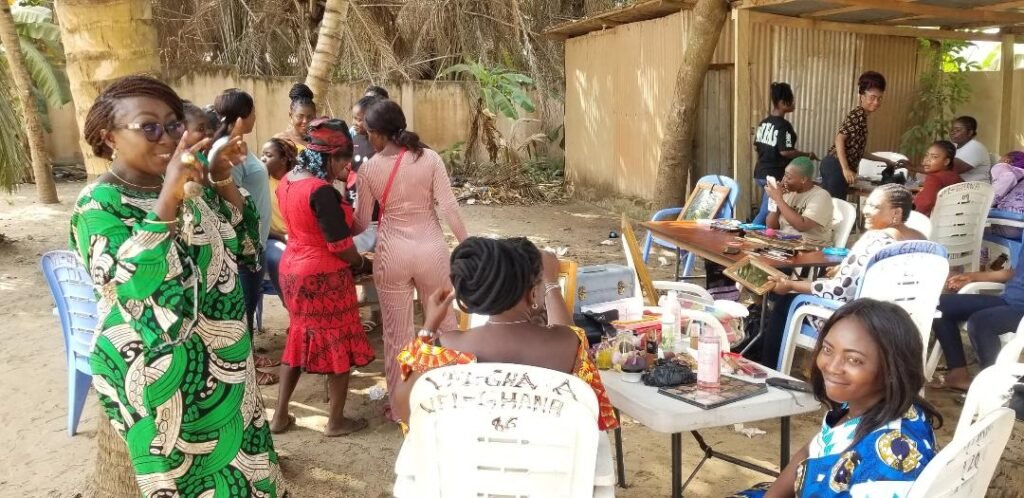
Additionally, she donated GH¢2,000 to purchase detergent and other educational items to aid in the Special Children unit of the Municipal Education Directorate’s teaching and learning initiatives.
Furthermore, she gave 10 sets of jerseys to the teams competing in the Sepenukorpe beach football tournament (Awakorme FC, Viepe FC, Abeliakorpe FC, Atorkukorpe FC, and Sepenukorpe FC). In matters of faith and customs, Hon. Dzifa Abla Gomashie backed churches, other places of worship, and customary lands within the constituency.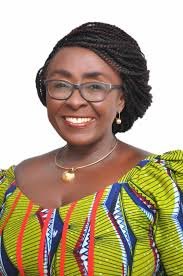
for Ketu South Constituency
Her commitment for helping the underprivileged led her to institute skills development and business programmes that give instruction in 10 different modules, including sewing, hairdressing, ICT, shoemaking, plumbing, and soapmaking.
For social intervention, the MP of Ketu Spouth gave 200 pieces of street lights to the Ketu South Municipal Assembly, organised Christmas and New Year parties for children from tidal wave communities like Adina, Salakope, Agavedzi, and Blekusu, and donated relief items to victims of tidal waves in Amutinu, Salakope and Adina, with bags, food items, and bags of cement, among other things.
She also donated a variety of goods to the Providence Orphanage Home in Aflao-Semanukorpe among others!
Despite her experience as an actor, producer, and screenwriter, she shared a few reasons for choosing to run for MP, saying, “I think I have full endorsement from my delegates and people so I can run an election.”
In order to realise her goal of raising her constituents’ level of life, she asks her supporters to assist her in electing the NDC to power.
She expressed the hope that the legally mandated institutions will meet the standards necessary for free, fair, and transparent elections. When asked what she would think if her wishes were not fulfilled, she answered right away, “We will win convincingly through fair means.”
EDUCATION
Hon. Dzifa Gomashie graduated with a Bachelor of Fine Arts from the University of Ghana’s School of Performing Arts in 2003, and she went on to get a Master of Philosophy from the Institute of African Studies, University of Ghana, from 2005 to 2008. She had previously studied Theatre Arts from 1994 to 1998 at the same university’s School of Performing Arts, where she received a Diploma in the field.
After completing her Ordinary Level in General Arts at St. Louis Secondary School in Kumasi in 1985, she went to Snapps College Ghana from 1992 to 1994. She obtained a Certificate of Education in General Arts at the Advanced Level there.
Hon. Dzifa Abla Gomashie is a widow with children. She feels that in order to sustain herself, her family, and others, she must work hard and do quality work since hard effort pays off.
Apart from her rigorous work schedule, she has always had a passion for dance since she ‘popped out of her mother’s womb.’
Although she claims that her electorate is quite large, she received 84,000 votes from voters when she ran for office the first time.
Regarding the question of whether the Affirmative Action Bill’s passage into law will give women hope, she responded that it is not a solution to every issue that affects women.
“We need to step up advocacy because it’s a never-ending cycle,” she continued.
By Georgina Quaittoo
Profile
From dormancy to dominance: Rev. Emmanuel D. Niikoi’s inspiring netball journey
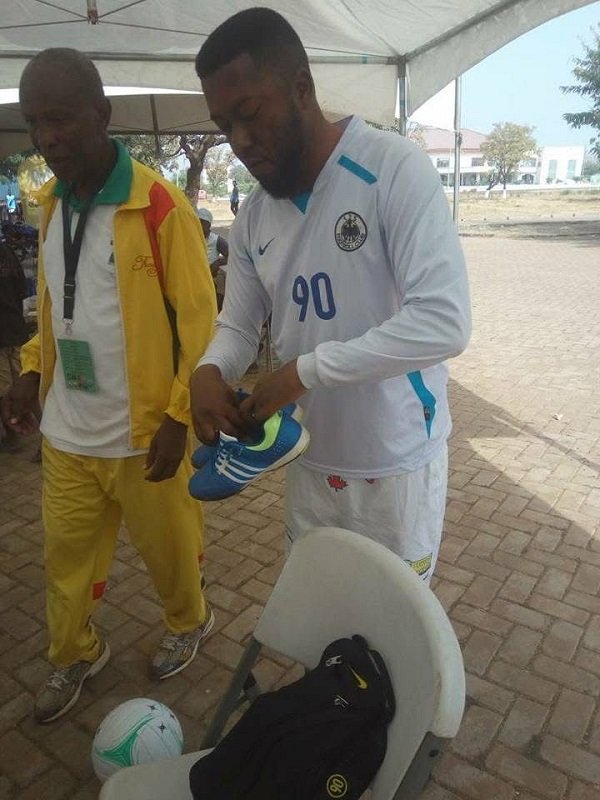
IN the annals of Ghana’s sporting history, certain individuals stand out not merely for participating in sport, but for transforming it.
Rev. Emmanuel D. Niikoi is one such figures. Revered as the father of modern netball in Ghana, is widely credited with rescuing the game from near extinction and transforming it into a vibrant, structured and nationally recognised sports discipline.
His journey reflects vision, resilience and an unwavering commitment to youth and sports development.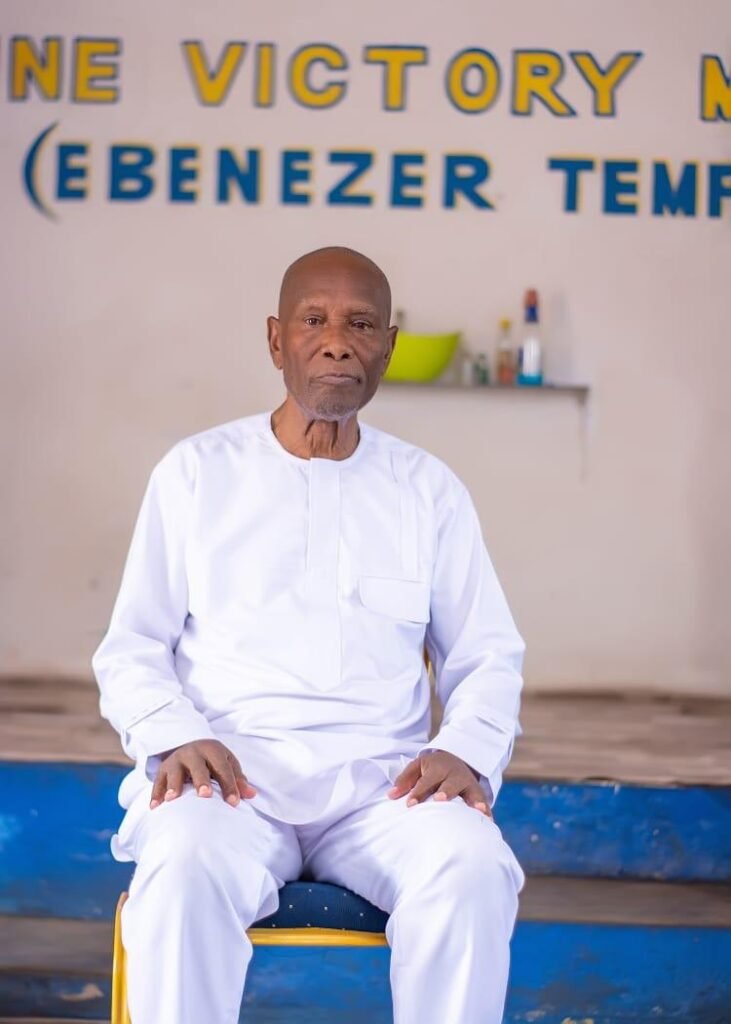
Netball was introduced to the then Gold Coast by Christian missionaries alongside formal education. By the 1960s and early 1970s, the sport had gained remarkable popularity in schools and colleges, ranking second only to football and, in some institutions, rivaling it in appeal.
However, during the 1974/75 academic year, the Ghana Education Service (GES) took a policy decision to step down netball in favour of basketball development. The decision dealt a severe blow to the sport.
Between 1975 and 1985, competitive netball virtually disappeared from Ghana’s sporting calendar.
That decision of the GES can be blamed for the current state of the sports that is producing heroines across the globe.
The revival of the game can be traced to 1985 during the Golden Jubilee celebration of the Ghana Broadcasting Corporation (GBC).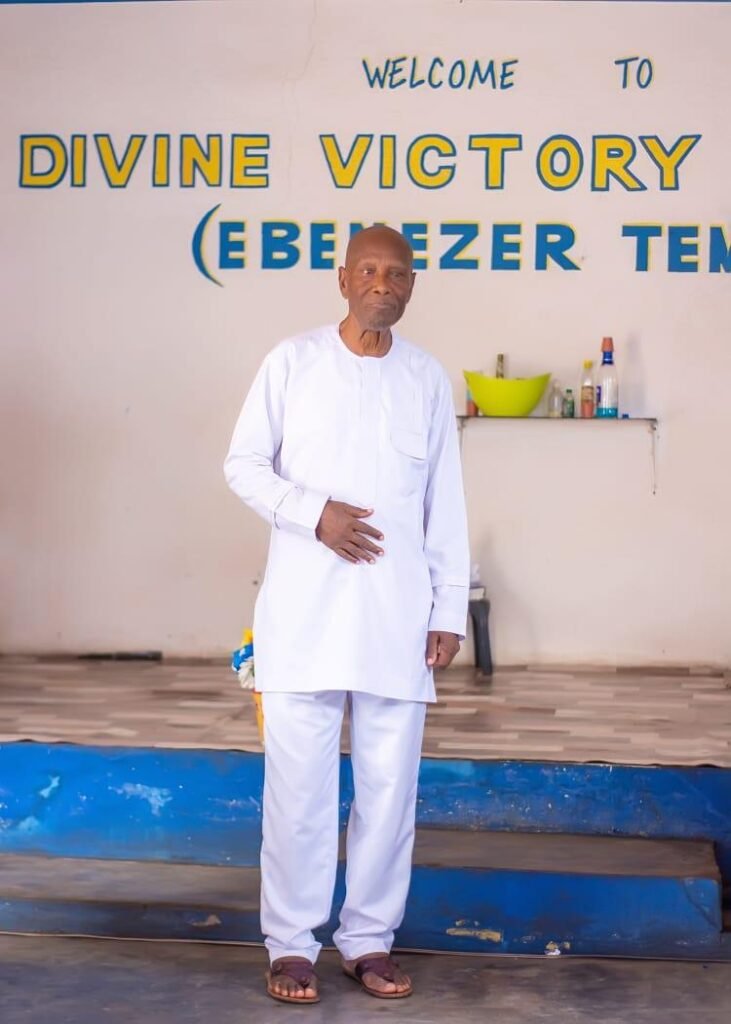
At the time, Rev. Niikoi was serving as Chief Editor (News) in the Radio Newsroom. Understanding both the historical importance and untapped potential of netball, he championed the inclusion of a netball tournament as part of the anniversary celebrations. The event reignited public interest and reminded many of the sport’s former glory.
Crucially, Rev. Niikoi did not allow the momentum to fade after the festivities. The GBC netball team formed for the tournament, aptly named “Golden Hands,” became the cornerstone of a national revival campaign.
With determination and personal sacrifice, he led tours across the country, using the team as a practical training platform.
He personally taught sports teachers under the GES the official rules of netball, reintroduced structured competition, and restored confidence in the sport’s viability.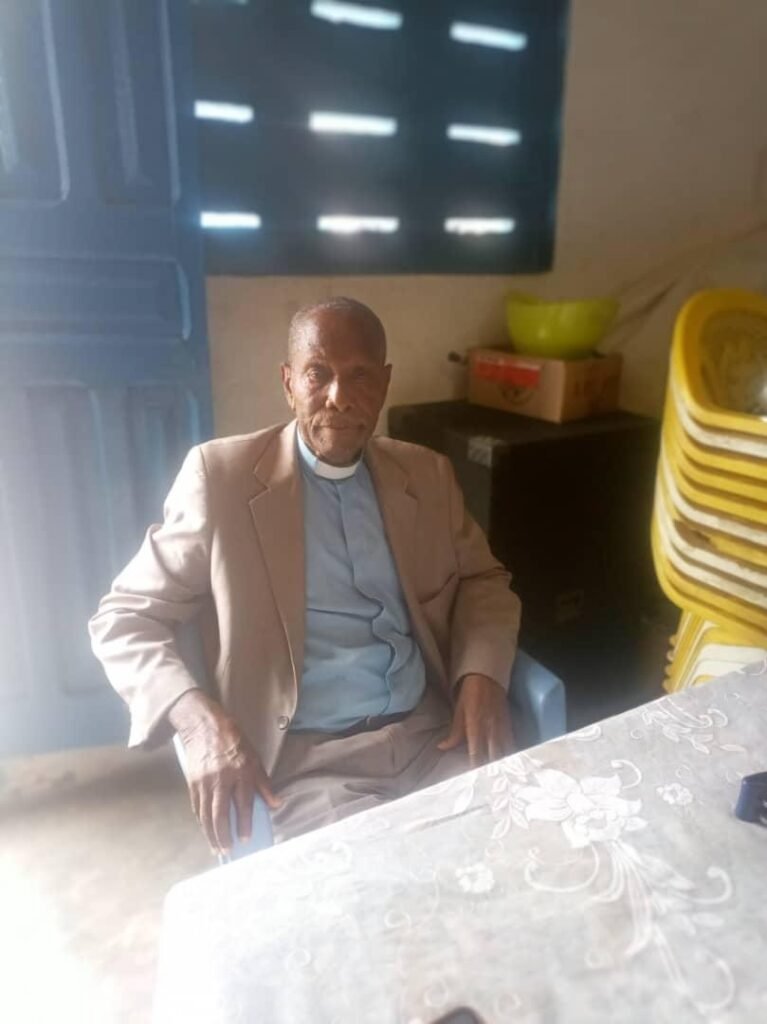
These efforts culminated with the formation of the Netball Association of Ghana in 1988, now known as the Netball Federation of Ghana.
In 1990, the association gained formal recognition from the National Sports Authorities, previously known as the National Sports Council (NSC), restoring netball’s status as an official sporting discipline.
This milestone marked the rebirth of organised netball in Ghana and cemented Rev. Niikoi’s place as founder of the national governing body.
Revival soon transitioned into consolidation. Over the years, Rev. Niikoi consistently lobbied educational and sports authorities to reintegrate netball into major school competitions.
His advocacy led to the sport’s reintroduction into the National Basic Schools Sports Festival, the Senior High and Technical Schools Sports Festival, the Colleges of Education games, and competitions under the Ghana University Sports Association (GUSA).
Today, netball is played across the entire educational structure in Ghana, from basic schools to public universities, a testament to his sustained and strategic efforts.
On the continental and global front, Ghana is a full member of World Netball and was a founding member of the Confederation of Africa Netball Associations (CANA), now Africa Netball.
In 2004, Ghana hosted the inaugural Africa Netball Cup of Nations in Accra and emerged champions after defeating Namibia in the final. The victory not only boosted Ghana’s sporting image but also validated years of groundwork.
In 2007, Rev. Niikoi was elected Director of Marketing and Media for CANA, serving a four-year term and contributing to the sport’s development across the continent.
In 2019, following governance reforms required by the International Olympic Committee to lift sanctions related to state interference in sports administration, national federations were mandated to adopt independent constitutions. Under this new framework, the Netball Federation of Ghana successfully drafted its constitution and conducted elections.
On June 19, 2019, Rev. Niikoi was elected the federation’s first President under the independent constitutional order which is symbolic and deserved recognition of decades of service.
Beyond netball administration, Rev. Niikoi also served two terms spanning eight years from March 2018 to March 2025 as an Executive Board Member of the Ghana Olympic Committee.
His presence on the board ensured that netball maintained visibility within Ghana’s broader Olympic movement.
A Bachelor of Arts graduate in Combined Honours (History and Law), Rev. Emmanuel D. Niikoi has trained numerous coaches and umpires nationwide, strengthening the sport’s technical foundation and ensuring sustainability.
His leadership style combines administrative discipline with grassroots engagement, making him both a strategist and a mentor.
From dormancy to dynamism, the resurgence of netball in Ghana bears his unmistakable imprint. Through advocacy, institution-building and capacity development, Rev. Niikoi has secured a lasting legacy.
Today, every netball match played in Ghana, whether at a basic school court or a university festival stands as living testimony to his vision and perseverance.
By Esinam Jemima Kuatsinu
Profile
Autism Awareness Care & Training: Pioneering autism care, inclusion in Ghana
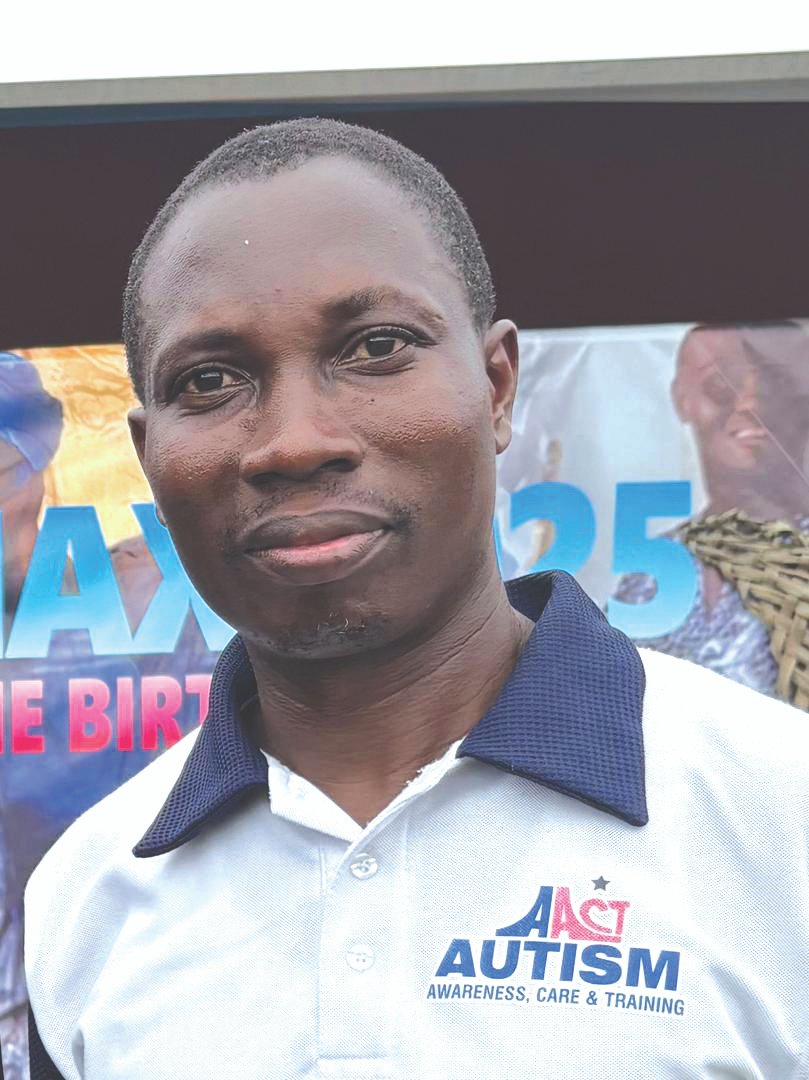
AUTISM Awareness Care and Training (AACT) is Ghana’s first autism-focused centre, playing a pioneering role in the care, education, and advocacy for children on the autism spectrum and their families.
Established in 1998, AACT began as a parent-support and training initiative at a time when autism was poorly understood in Ghana. Many families raising autistic children faced stigma, isolation, and limited access to information or professional assistance.
Over the years, the organisation has evolved into a full-fledged autism care and training centre, responding to the growing demand for specialised services and sustained nationwide awareness.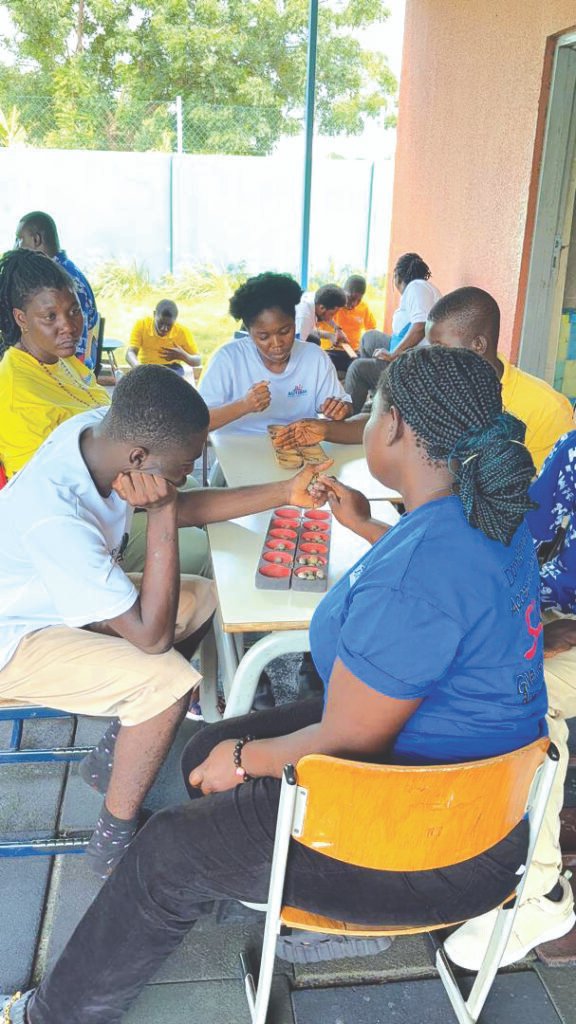
AACT is currently located in Haatso, Accra, where it operates a structured day programme serving about 25 learners daily. The centre provides a safe, inclusive, and supportive environment where children with autism are guided to develop essential life, social, and functional skills.
Programmes at the centre focus on independent living skills, vocational and pre-vocational training, functional academic skills, and therapeutic interventions. These activities are tailored to the individual needs of each learner, recognising that children on the autism spectrum learn and develop at different paces.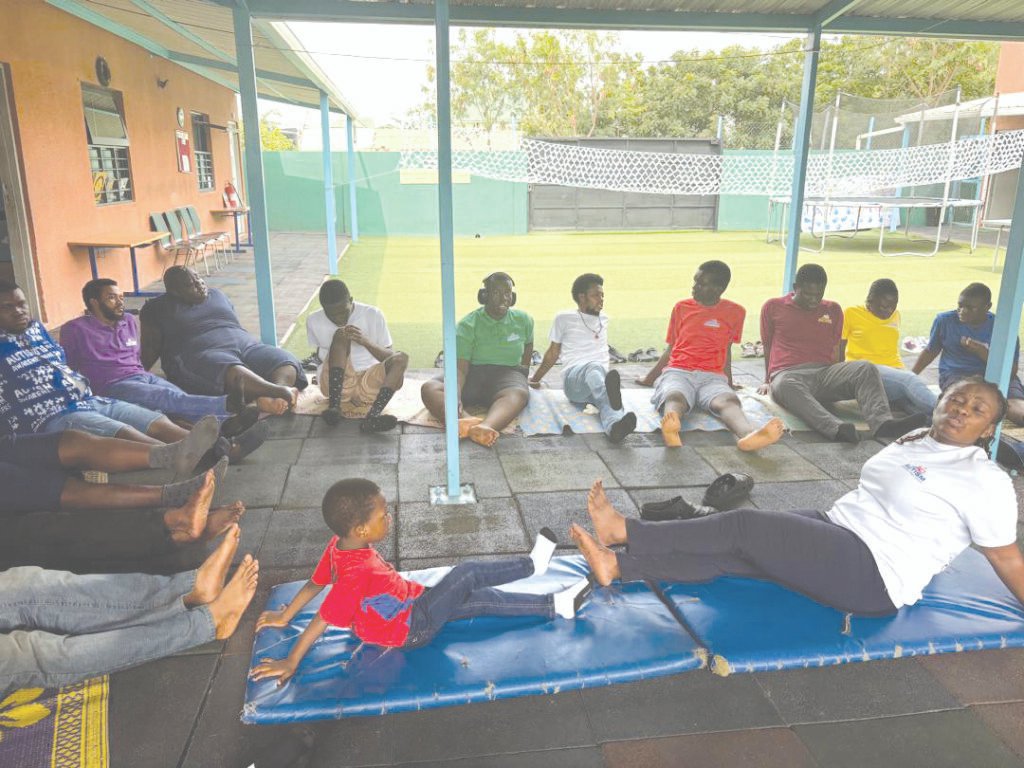
According to Abeiku Grant, Head of Programmes at AACT, the centre’s philosophy is centred on ability rather than limitation.
“Every autistic child is different,” he said. “Our work is to support them at their own pace and help them discover what they can do, not to focus on what they cannot do.”
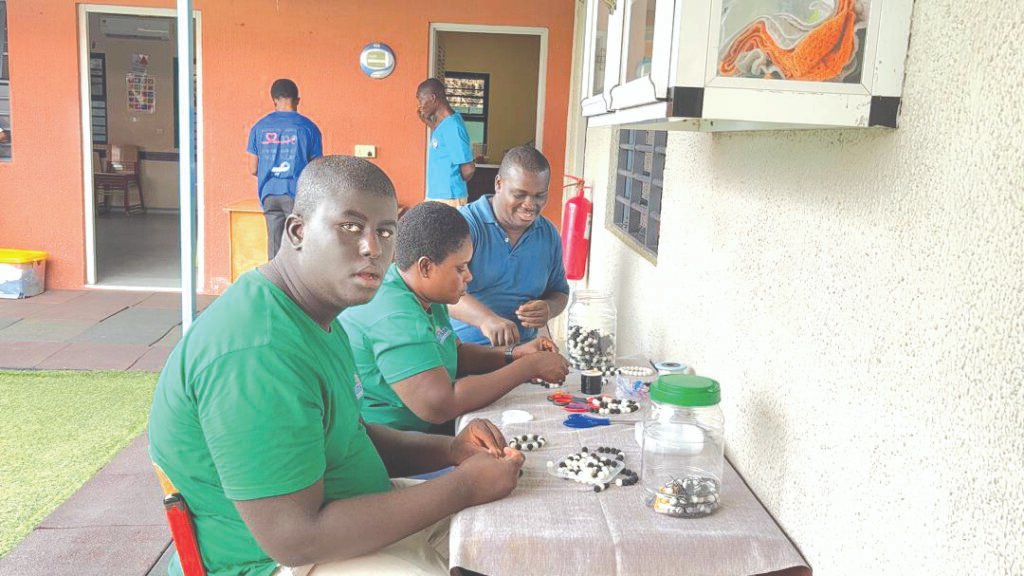
Beyond centre-based services, AACT places strong emphasis on autism awareness and advocacy, particularly within schools and communities. Many children with autism in Ghana continue to face rejection and exclusion due to stigma, misinformation, and the lack of trained personnel in educational institutions.
In 2025, AACT reached over 20 schools across the country, providing autism education to teachers, students, and school administrators.
The organisation also runs free teacher training programmes, equipping educators with practical knowledge and basic tools to support autistic learners in inclusive classroom settings.
“Many schools tell us they are not resourced or trained to handle autistic learners,” Mr Grant explained. “Instead of waiting for change, we decided to go to them and train teachers for free.”
AACT also engages learners directly, addressing widespread misconceptions about autism, including the false belief that autism is contagious or caused by bad parenting. These outreach programmes aim to build empathy among students and promote peer support for autistic learners in mainstream schools.
Another major challenge confronting families is limited access to autism services, especially outside Accra. With most autism centres concentrated in the capital, many families from other regions are forced to travel long distances or keep their children at home due to cost, stigma, or lack of support.
“Education is not meant only for typical children,” Mr Grant stressed. “Children with autism also have the right to education and care. No child should be hidden because of lack of understanding or opportunity.”
As part of its outreach work, AACT supports parents to overcome stigma and encourages social interaction for children with autism, believing that community engagement is essential for development and confidence building.
In December 2025, the centre received what it described as its largest donation of the year, raised by children from the Unmasked Mentoring initiative. According to the organisation, the donation was particularly significant as it demonstrated empathy and social responsibility among young people.
As a non-governmental, non-profit organisation, AACT depends largely on donations, partnerships, and goodwill to sustain and expand its work. Current needs include a minibus for community-based social activities, expansion of its facility to accommodate more learners, sponsorship support for children from financially challenged families, and funding to scale autism awareness programmes nationwide.
Looking ahead, AACT envisions a Ghanaian society that is inclusive, informed, and supportive of persons with autism.
“Our goal is a Ghana where children with autism are accepted and supported,” Mr Grant said. “Every child has potential. All they need is understanding, opportunity, and care.”
By Esinam Jemima Kuatsinu







